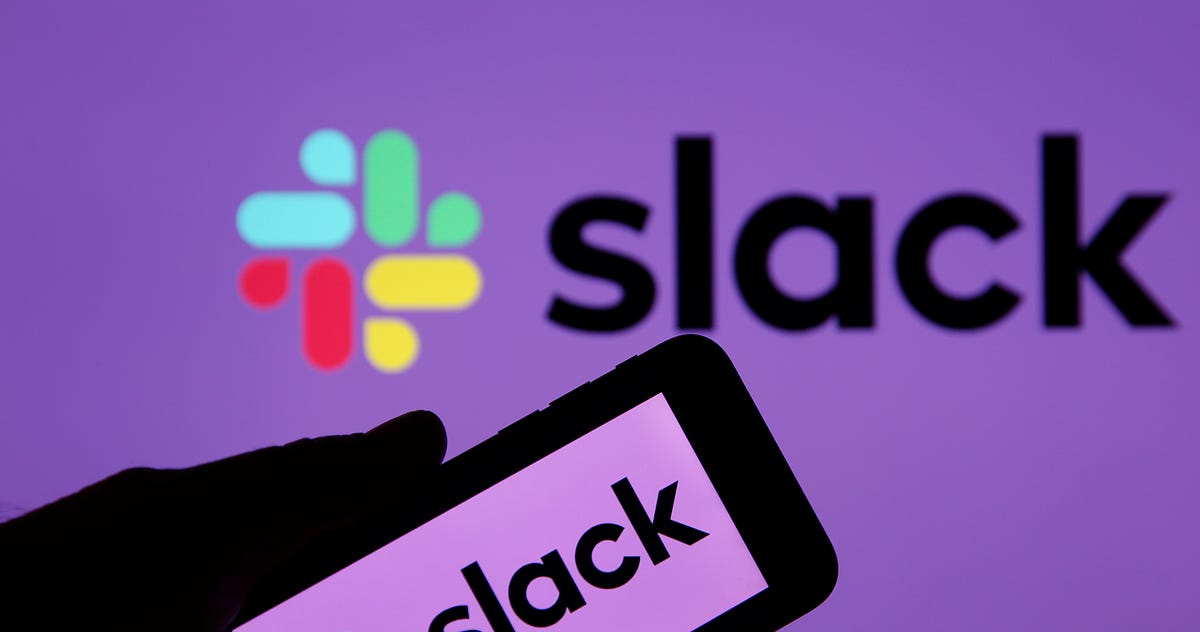Sitting among peers at a gathering a few years ago, an exasperated Silicon Valley CEO seemed ready to get rid of Slack. “It’s one of my biggest regrets,” he said.
The app was fueling drama inside his company, and he wondered aloud whether it was worth the trouble. From a few feet away, I was surprised to overhear anything other than the often-repeated mantra that Slack would replace email. Yet since then, more executives have privately confessed concerns about how workplace chat apps were upending their cultures.
“They create problems, high-school-type problems,” one CEO of a midsized firm told me. “People are making fun of co-workers, they’re acting unprofessionally, and it’s technically a company system.”
A reckoning for workplace chat apps like Slack and Microsoft Teams is coming; just ask the people who pay for them. As companies deploy these systems en masse — and rely on them to work from home — executives are starting to confront a set of issues that early adopters know well. Workplace chat can amplify corporate infighting, help divide companies like social media divides countries, and facilitate employee organizing. Top executives, not employees, sign the checks for these services. And though they’re unlikely to get rid of them, many will inevitably crack down on their freewheeling nature.
“A lot of my CEO and founder friends talk about this,” one venture capitalist, who asked to remain anonymous because being bearish on Slack would harm his brand, told me. “The problematic employee, the employee who would sit around at the lunchroom and tell people how bad this place is — that’s just happening on Slack, and it’s amplifying.”
#technology #slack #big-technology #culture #business #big data
